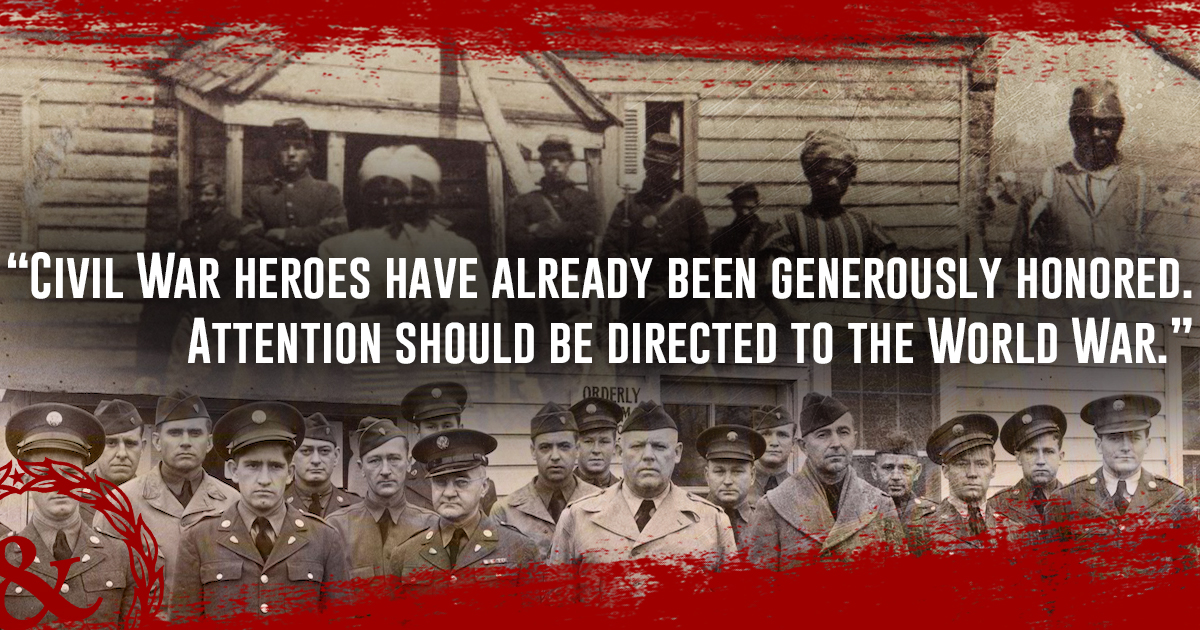The Duke
Diamond Member
- Jul 30, 2022
- 26,692
- 32,186
I see, only the Southern bases, huh?They are renaming 9 Bases:
Bases slated for renaming:
- Fort Benning, Georgia — Fort Moore, after Army Lt. Gen. Hal Moore and his wife, Julia Compton Moore. Hal Moore received the Distinguished Service Cross for heroism in the Vietnam War. Julia Moore was an advocate for military families.
- Fort Bragg, North Carolina — Fort Liberty.
- Fort Gordon, Georgia — Fort Eisenhower, after President Dwight D. Eisenhower, who was also a five-star Army general and served as the Supreme Allied Commander of forces in Europe during World War II.
- Fort A.P. Hill, Virginia — Fort Walker after Dr. Mary Edwards Walker, the first female surgeon in the Civil War, and the only woman awarded the Medal of Honor.
- Fort Hood, Texas — Fort Cavazos, after Army Gen. Richard E. Cavazos, who received the Distinguished Service Cross for heroism in the Vietnam War.
- Fort Lee, Virginia — Fort Gregg-Adams, after Lt. Gen. Arthur Gregg and Lt. Col. Charity Adams. Gregg was a key figure in the integration of black soldiers into the Army. Adams was one of the highest-ranking female soldiers in World War II.
- Fort Pickett, Virginia — Fort Barfoot, after Army Tech Sgt. Van T. Barfoot, who received the Medal of Honor for his actions with the 45th Infantry Division during World War II in Italy in 1944.
- Fort Polk, Louisiana — Fort Johnson, after Army Sgt. William Henry Johnson, who received the Medal of Honor posthumously for action in the Argonne Forest of France during World War I.
- Fort Rucker, Alabama — Fort Novosel, after Army Chief Warrant Officer 4 Michael J. Novosel, an aviator who received the Medal of Honor for a medevac mission under fire in Vietnam where he saved 29 soldiers.
:quality(70)/cloudfront-us-east-1.images.arcpublishing.com/archetype/YJ5PULDHJVEINDXLP4VX7JNOHI.jfif)
The cost to rename 9 Confederacy-honoring Army bases has doubled
Army garrisons won't have to foot the bill for all the renaming, general says.www.militarytimes.com



